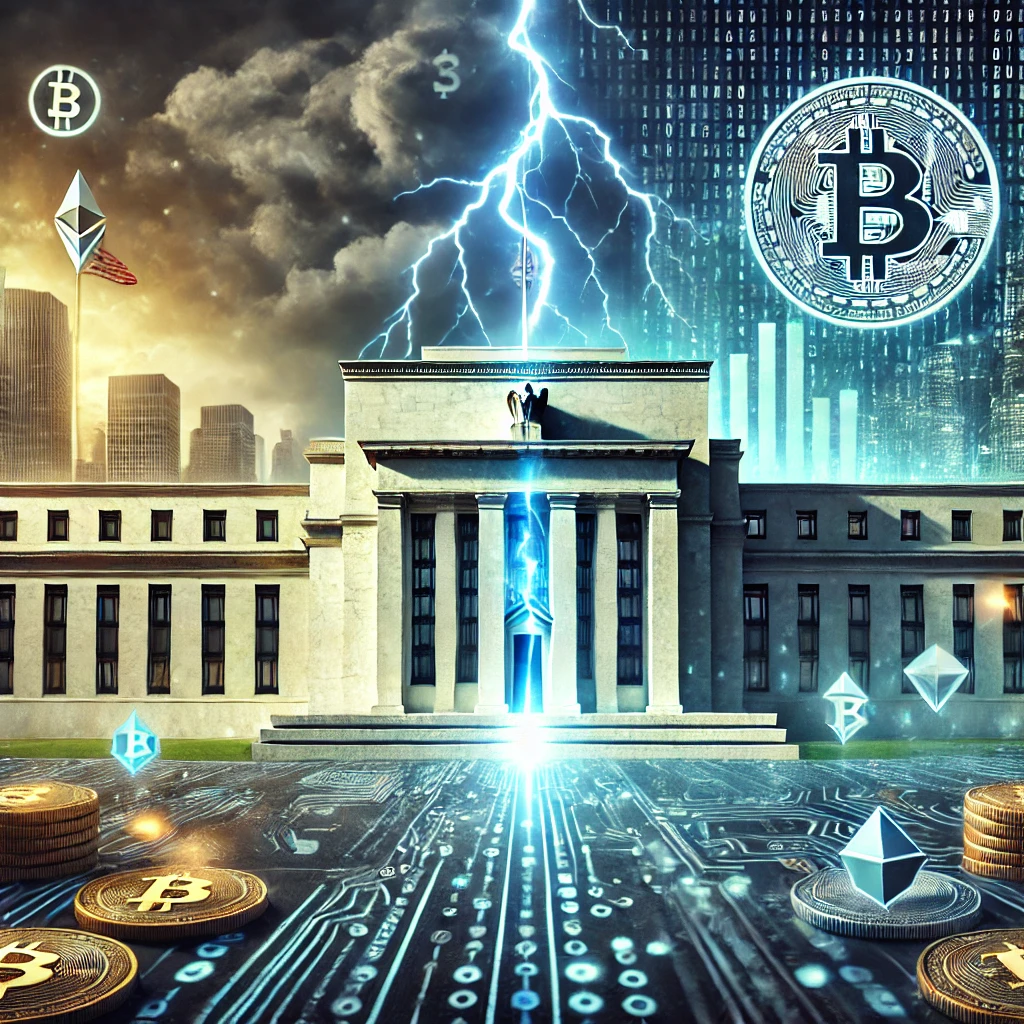Incoming officials within the next administration seem poised to shake up America’s financial system, taking aim at one of its core institutions: the Federal Reserve. With a vision centered on decentralization and executive power, some influential figures suggest undermining the Fed’s influence by establishing a National Crypto Reserve.

Elon Musk, the world’s richest man and recently appointed head of the Department of Government Efficiency, has amplified the push to curtail the Federal Reserve. His public support of Utah Senator Mike Lee’s call to “End the Fed” underscores the serious contemplation within conservative circles. Lee and others argue that the Fed, as it currently stands, conflicts with the constitutional intent of a president-led Executive Branch.

This ideological crusade against central banking is far from new. Historically, American views on central banking have oscillated between acceptance and fierce opposition. Alexander Hamilton, the nation’s first Treasury Secretary, advocated for a centralized banking system to stabilize post-Revolution finances. On the other side, figures like Thomas Jefferson worried that such a system would serve the interests of wealthy creditors, undermining smaller financial entities and exacerbating economic inequality.
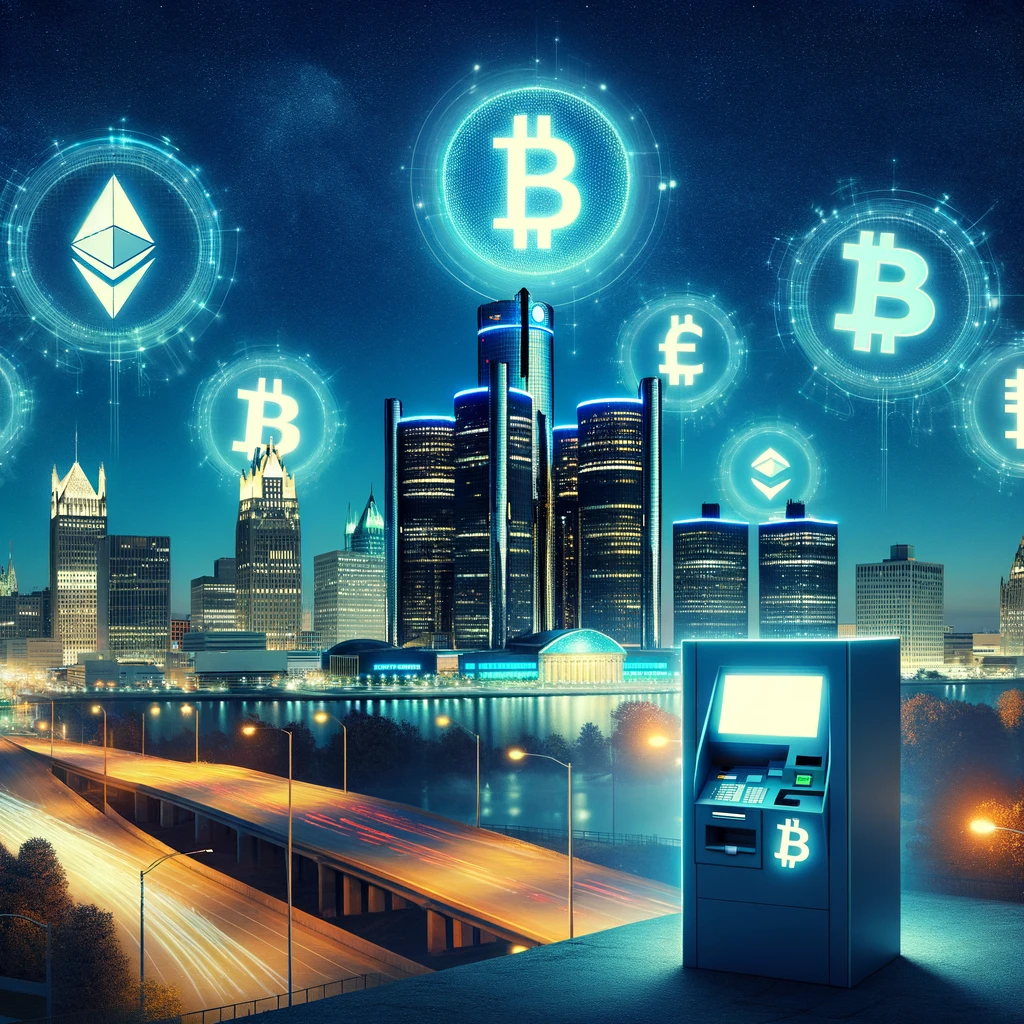
However, the contemporary Republican plan adds a technological twist: the creation of a National Crypto Reserve. The idea would pivot the United States toward a digital currency-based reserve system, reducing reliance on the current fiat currency and traditional monetary policies set by the Federal Reserve. This proposal raises both opportunities and risks.

A New Financial Frontier or Uncharted Territory?
On one hand, a National Crypto Reserve could promote economic inclusivity and leverage blockchain technology for more secure and transparent financial operations. Proponents believe this system could give the United States a strategic edge in the global financial arena, particularly as digital currencies grow more prevalent worldwide.
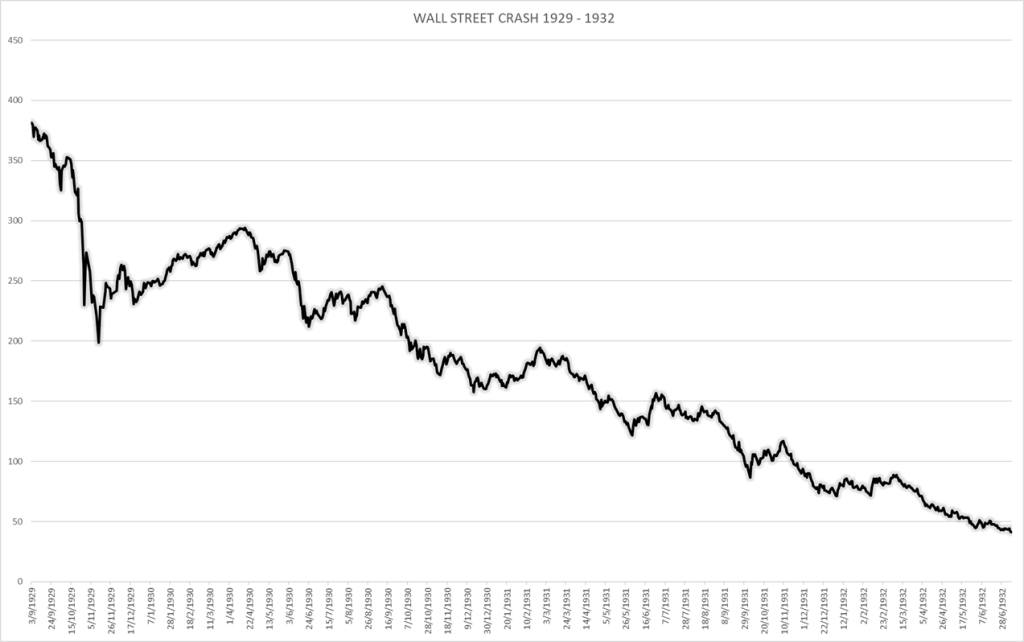
But detractors warn of significant instability. Cryptocurrencies are notorious for price volatility, which could complicate economic stabilization efforts during crises. The Federal Reserve, for all the criticism it receives, has played a crucial role in preventing complete market meltdowns. It was the absence of such a stabilizing institution that contributed to the severity of the 1929 crash, which led to the Great Depression. Since its creation in 1913, the Fed has managed to soften the blow of financial crises, preventing hard landings that could cripple the economy. In 1929 the US still used a gold backed currency making instant liquidity of the now fiat currency not an option, a return to a fixed currency like crypto would remove the levers the fed uses to stabilize the market in times of crisis.
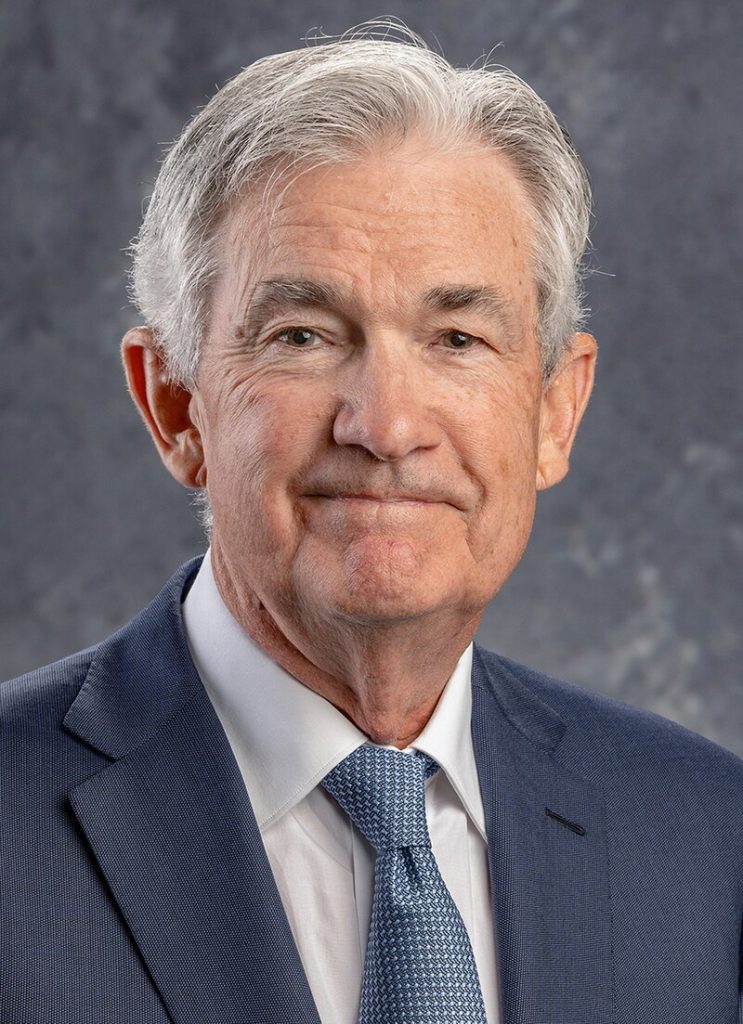
Federal Reserve Chair Jerome Powell, who has already faced verbal attacks from President-elect Trump, emphasized that central bank policies are designed to remain apolitical and geared toward long-term economic health. He has expressed concerns that the adoption of a national crypto system could disrupt the intricate balance the Fed has maintained for over a century.
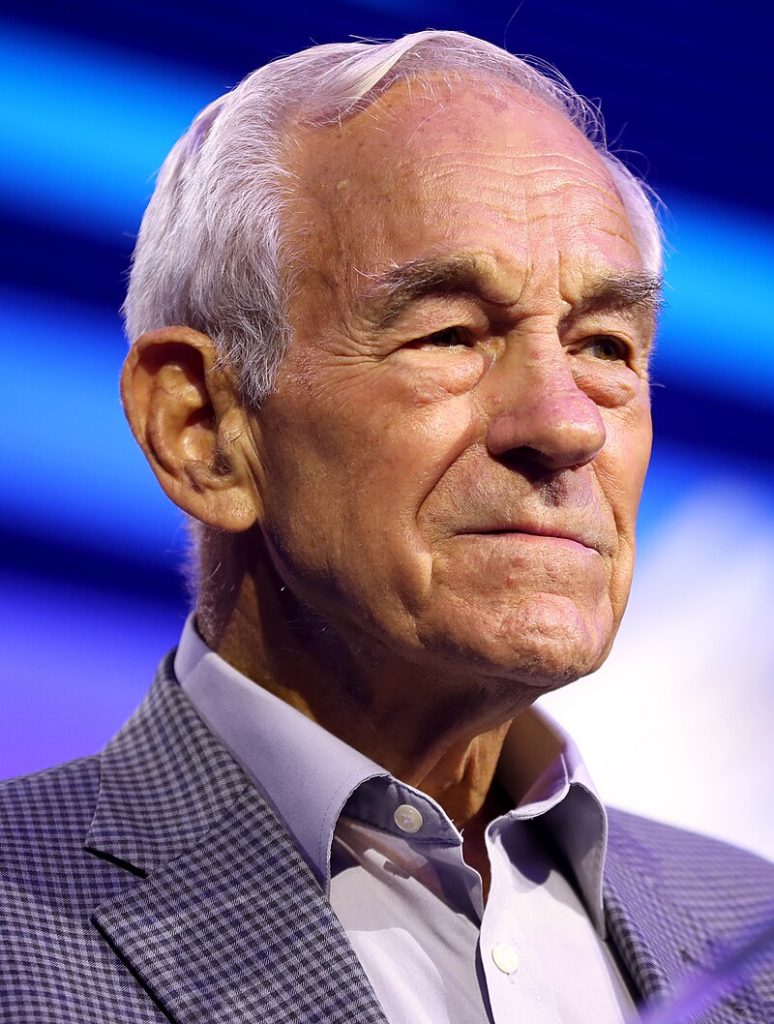
Historical Echoes and Contemporary Critiques
The notion of dismantling the Federal Reserve taps into age-old sentiments about government overreach and economic control. In 2009, former Texas Representative Ron Paul published End the Fed, criticizing the institution’s role in bailouts and inflation. Today’s critics have similar concerns, arguing that the Fed disproportionately benefits large financial institutions and fails to represent broader economic interests.

The incoming administration’s approach to the Federal Reserve reflects broader ambitions to reshape American governance and assert executive authority over traditionally independent institutions. The proposal for a National Crypto Reserve signifies a dramatic departure from conventional economic practices. Whether this vision represents a bold innovation or a risky experiment could become one of the most consequential debates of the coming years. The potential impact on the nation’s economy—and the lives of everyday Americans—remains uncertain, with high stakes for both supporters and critics of this radical change.

